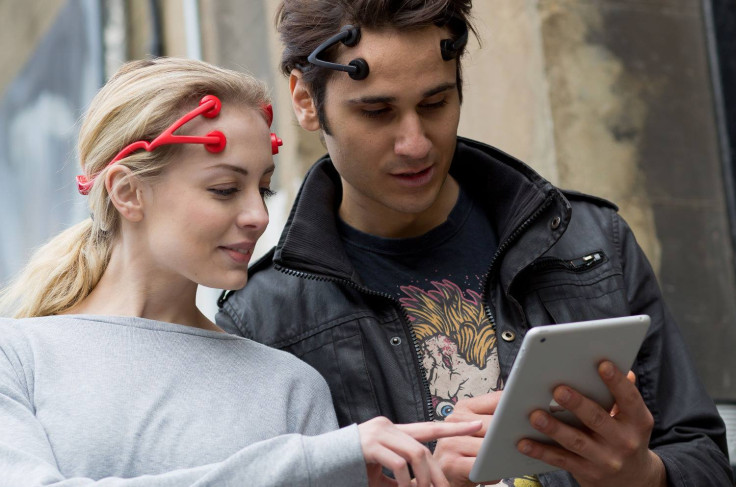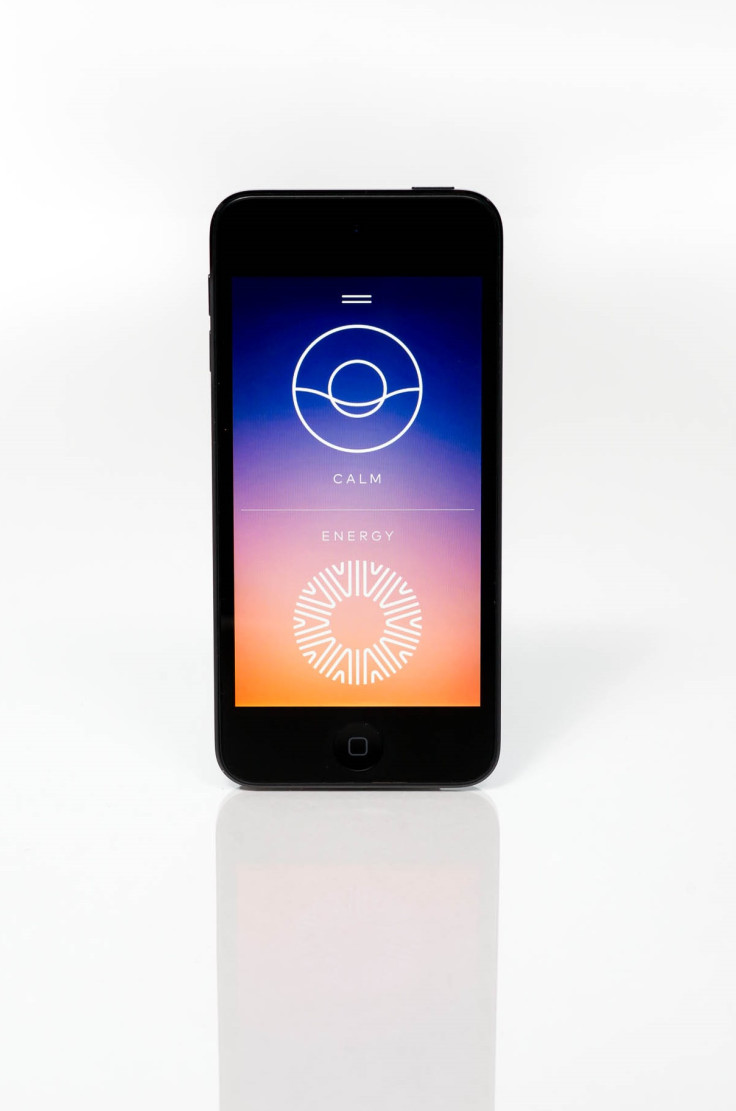Mood-altering wearable Thync proves electric shocks to brain cause 'instant relaxation'

Thync, a wearable startup that uses brain stimulation to affect a user's mood, claims a new study proves that its device is capable of causing wearers to "instantly relax when they want".
The study, published by bioRxiv, revealed a 14-minute session using Thync's electrical waveforms caused a significant stress reduction in 97% of the participants.
Following several years of research and development the company found a way to target the noradrenergic systems and locus coeruleus - the parts of the brain responsible for regulating the 'fight or flight' response.

Until now artificial regulation of this response has been achieved using drugs, chemicals or invasive procedures.
"Our results show that electrical neurosignalling can significantly reduce sympathetic nervous system activity in the face of stressful conditions," said Jamie Tyler, chief scientific officer at Thync.
"Our brains already have the power to combat stress and achieve a calm state. We found a way to invoke these mechanisms on demand using approaches described in our recent report. For neuroscience, and for us, this is a big deal."
The study showed that Thync's electrical neurosignalling saw subjects experience reduced heart-rate variability, a galvanic skin response and significantly greater levels of relaxation.
Participants in the study described the effects of the technology as similar to meditating or the feeling experienced after drinking modest amounts of alcohol.
"The potential impact of our findings becomes rather evident when we study how the ability to decrease stress on demand affects people in more natural contexts - in their everyday life at home or work," said Sumon Pal, a PhD neuroscientist and executive director at Thync.
"We find that people just felt better when they can instantly relax when they want. The program only takes about 10 minutes to run, but the acute effects last from 20 minutes to an hour.
"We feel this can be a game-changing approach to managing the daily stress we all experience day in and day out."
© Copyright IBTimes 2025. All rights reserved.























